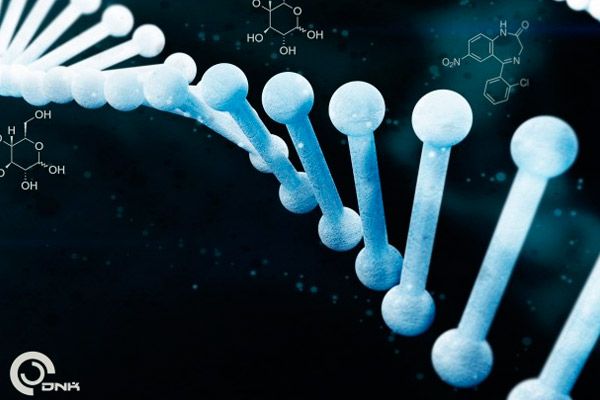New publications
Smokers have gene mutations in their bodies
Last reviewed: 02.07.2025

All iLive content is medically reviewed or fact checked to ensure as much factual accuracy as possible.
We have strict sourcing guidelines and only link to reputable media sites, academic research institutions and, whenever possible, medically peer reviewed studies. Note that the numbers in parentheses ([1], [2], etc.) are clickable links to these studies.
If you feel that any of our content is inaccurate, out-of-date, or otherwise questionable, please select it and press Ctrl + Enter.

In America, a team of specialists has found that smoking causes gene mutations and may be more dangerous than previously thought. Scientists from the National Institute for Health Research conducted a large-scale study, during which they determined that nicotine causes changes in the activity of approximately 7,000 genes in the body. During the course of their work, the team of specialists studied blood samples from participants in various research projects and found that smokers experience changes in DNA molecules in their bodies, which affects their activity and functions.
In total, about 7 thousand genes suffer from nicotine, which is about 1/3 of all the genes in the human body (at least those known to scientists). An interesting fact is that after a person quit the bad habit, gene mutations gradually disappeared, but this took at least 5 years. However, 19 genes remained altered even 30 years after quitting smoking, and scientists note that among these genes are those that can provoke the development of lymphoma.
According to scientists, the process of DNA methylation is launched in the smoker's body, which leads to DNA mutations, changes in the functions and activity of genes. Methylation refers to epigenetic mechanisms of gene activity regulation, as scientists explained, this process is a kind of "lid" that our body uses to reduce or suppress the activity of genes that are unnecessary or dangerous. It is worth noting that violations of this nature often provoke the development of cancerous tumors, heart disease and other equally serious disorders.
As already mentioned, even quitting smoking will not help to completely restore the structure of genes to a normal state, although most of them eventually return to their original state, due to the irreversibility of processes in some genes, there remains a high risk of developing diseases of the lymphatic tissue and other pathologies.
Scientists note that smoking has a strong negative impact on the human body and can even affect molecular genetic processes. One of the employees of the Association for Lung Diseases noted that every smoker should be aware that nicotine has an effect at the genetic level and what the consequences of these mutations will be in the future is difficult to say now.

It is known that nicotine is harmful to the lungs, heart, but in addition to this, smoking has a negative effect on the digestive system. The resins present in cigarettes accumulate in the oral cavity and enter the stomach, irritating the mucous membrane and causing a number of diseases.
Now scientists intend to continue working in this direction and study in more detail the effect of nicotine on the human body. According to statistics, every year in the world more than 6 million people die as a result of smoking, mainly due to lung diseases, heart disease, and oncological tumors.
The team of scientists published the results of the new study in one of the latest issues of a well-known scientific journal.

 [
[